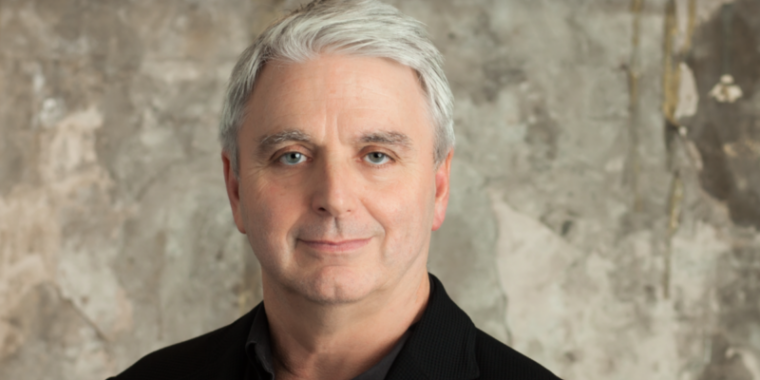John Riccitiello, CEO of Unity, the company whose 3D game engine had recently seen backlash from developers over proposed fee structures, will retire as CEO, president, and board chairman at the company, according to a press release issued late on a Monday afternoon, one many observe as a holiday.



When you’re a career professional, this is what being fired looks like.
“Choosing to retire” is face-saving language for “is being asked to step down,” which is sort of like the police asking you to turn yourself in. You can choose not to, but you’re still getting arrested either way
yes and that’s bullshit. They run a company into the ground, risking and often costing the livelyhoods of hundreds or thousands of employees and then take a fat bonus because, as you said, they were not fired, they were forced to resign. Sitting comfortably in their golden parachute they then glide over to the next opportunity to ruin people’s lives and days.
Also since you did not get that I was hinting at exactly what you wrote by using “choose” instead of choose and you seemingly not being the first person to stumble over that I have to work on my sarcasm skills.
It really doesn’t matter if they step down or are fired. The words are meaningless. They will still get hired to run another company.
It’s advantageous to have someone quit from a severance/unemployment stance.
It’s also why if you feel like you’re about to get fired without cause and don’t already have a job lined up you should absolutely wait for them to fire you so you can collect unemployment.
They’d get paid severance if they were fired - it’s likely them “retiring” saves the company money overall.
I do agree that CEO compensation is insane, due to perverse incentives, but this seems like harm reduction on the part of the board
I do apologize for missing your sarcasm as well.
Typically that is true but at this level executives have contracts with non-compete clauses and as part of that even voluntary departures usually come with a severence, since they aren’t allowed to work in the industry for 6-12 months after leaving (unless they negotiate something as part of their departure). It’s very likely he got a generous payout.
It’s seen as a necessity for protecting intellectual property and company knowledge that the leaders take with them when they leave. It’s why so many execs start their own businesses after leaving big companies but don’t officially open shop for a while.